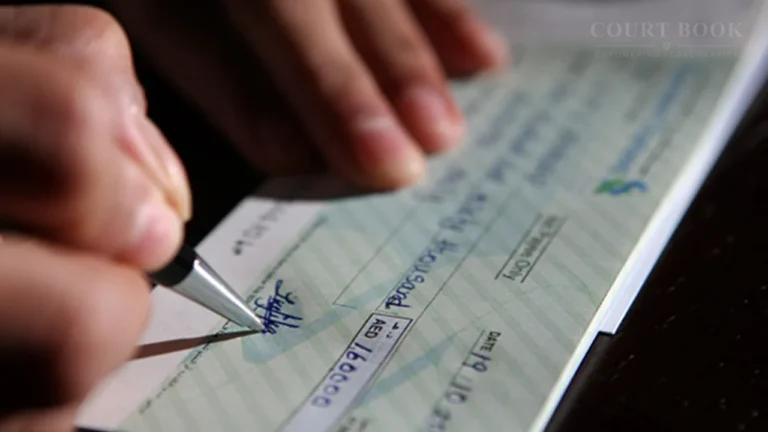In a significant ruling from the Madhya Pradesh High Court, Justice Gajendra Singh clarified that a complainant in a cheque dishonour case is not required to seek special leave before filing an appeal. The order, delivered on October 16, 2025, in Rajesh vs Ali Asgar (CRA-7807-2024), aligns with the recent Supreme Court interpretation of victims rights under the Bhartiya Nagrik Suraksha Sanhita (BNSS), 2023, the successor to the Code of Criminal Procedure (CrPC).
The judgment is likely to simplify appeal procedures in cheque bounce cases under Section 138 of the Negotiable Instruments Act, 1881, a provision that penalizes dishonour of cheques due to insufficient funds.
Background
The case arose from a complaint filed by Rajesh, who alleged that the accused, Ali Asgar, failed to honour a cheque payment. The Judicial Magistrate First Class at Badwah, West Nimar (M.P.) had acquitted Asgar in SCNIA/115/2022, prompting Rajesh to challenge the verdict before the High Court.
Traditionally, under Section 378(4) of the old CrPC (now Section 419(4) of BNSS), a complainant needed to obtain special leave from the High Court before appealing an acquittal in cheque bounce cases. Rajesh’s appeal, however, questioned whether that requirement still applied under the updated procedural law and in light of the Supreme Court’s ruling in M/s Celestium Financial vs A. Gnanasekaran (2025 INSC 804).
Court's Observations
Justice Gajendra Singh relied heavily on the apex court's reasoning, which emphasized that a complainant in a cheque dishonour case is not merely an informant but a victim who has suffered economic loss due to non-payment.
"The complainant under Section 138 is indeed the victim, and hence entitled to appeal under the proviso to Section 372 of the CrPC," the bench noted, referring to the Supreme Court’s words.
In other words, if someone’s cheque is dishonoured, the law now treats them as a victim with a direct right to appeal - not as a petitioner who must first seek permission.
The Court further observed that the BNSS 2023 gives wider recognition to victims rights, ensuring parity between victims and accused in terms of appellate remedies.
"The victim's right to appeal cannot be circumscribed by procedural barriers," the judge added, echoing the sentiment from Celestium Financial.
The bench clarified that this interpretation harmonizes the law with legislative intent - to empower those genuinely wronged by economic offences like cheque dishonour, rather than burden them with unnecessary procedural hurdles.
Decision
After considering the submissions, the High Court held that Rajesh’s appeal, filed under Section 419(4) of the BNSS, was not maintainable since the law no longer requires special leave in such cases. Instead, the court granted him liberty to file the appeal directly before the concerned Sessions Judge under the proviso to Section 372 of the BNSS, within 60 days of receiving the order.
Importantly, Justice Singh directed that if the appeal is filed within the stipulated period, the Sessions Court "shall not insist upon limitation" and must decide the case purely on its legal merits. The registry was also instructed to return the certified copy of the impugned judgment to the appellant after keeping an attested photocopy for record.
With these directions, the High Court disposed of the appeal, marking another step toward reducing procedural rigidity in cheque bounce litigations.
Case Title:- Rajesh vs Ali Asgar
Case Number:- Criminal Appeal No. 7807 of 2024
Date of Judgment: 16 October, 2025













